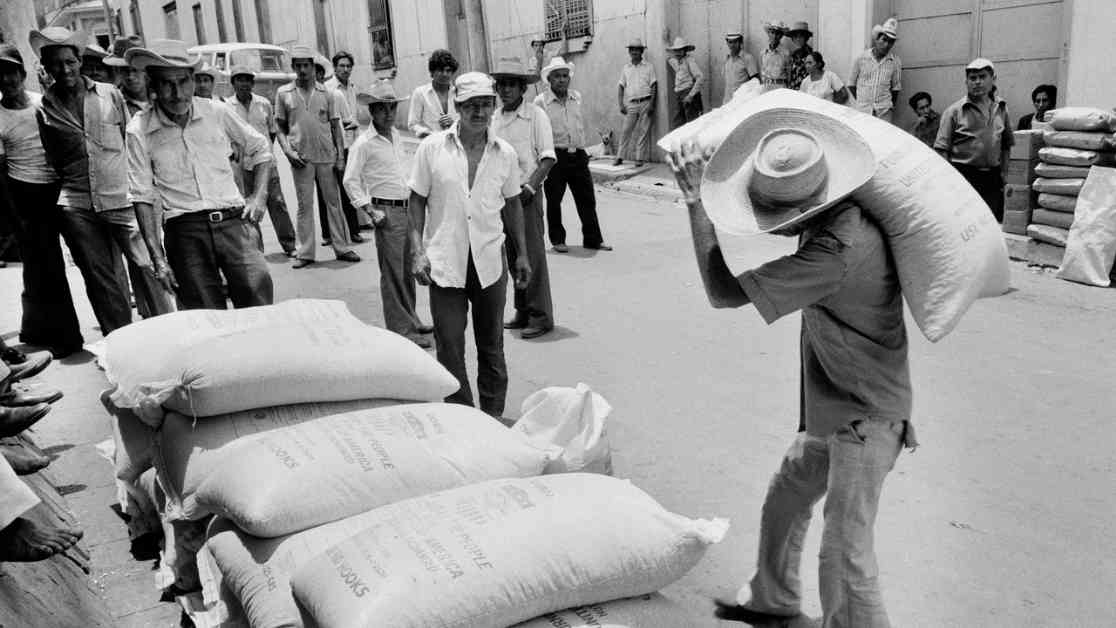As the dismantling of the U.S. Agency for International Development (U.S.A.I.D.) stirs controversy under the new Administration, it’s essential to understand the impact and significance of this decision. The implications of cutting foreign aid are far-reaching, affecting not only the recipients of humanitarian assistance but also the geopolitical landscape and global power dynamics.
Growing up in a U.S.A.I.D. family provides a unique perspective on the organization’s work and the values it represents. In the 1960s, during a time of global tension and uncertainty, U.S.A.I.D. played a crucial role in providing aid and support to vulnerable communities worldwide. The memories of distributing food, providing relief during natural disasters, and implementing programs to help children in need left a lasting impression on those directly involved.
This personal connection to U.S.A.I.D.’s mission highlights the human aspect of foreign aid and underscores the importance of compassion, empathy, and solidarity in international relations. Behind the bureaucratic facade of aid programs lies a network of dedicated individuals striving to make a positive impact on the world, one community at a time.
U.S.A.I.D. and Geopolitical Complexities
However, the history of U.S.A.I.D. is not without its controversies and contradictions. The entanglement of foreign aid with intelligence operations, military endeavors, and political agendas has raised questions about the true motives behind humanitarian assistance. The blurred lines between aid and power projection reveal the complexities of U.S. foreign policy and its implications for global stability.
During the war on terror, U.S.A.I.D. found itself embroiled in national security efforts that compromised its humanitarian mandate. From questionable programs in conflict zones to covert operations aimed at destabilizing regimes, the agency’s reputation suffered as it became entangled in the web of hard power politics.
In recent years, under new leadership, U.S.A.I.D. has sought to refocus its efforts on critical issues such as disease prevention, disaster relief, and poverty alleviation. By investing in programs that address immediate needs and empower vulnerable populations, the agency has regained some of its credibility as a force for good in the world.
Implications of U.S.A.I.D.’s Demise
The decision to dismantle U.S.A.I.D. has far-reaching consequences that extend beyond the realm of humanitarian aid. Autocrats and despots around the world have celebrated the agency’s demise, viewing it as a victory against Western influence and intervention. The vacuum left by U.S.A.I.D.’s absence creates opportunities for other powers, such as China, to expand their influence and assert their agendas on the global stage.
The loss of U.S. soft power, once a cornerstone of American diplomacy, is palpable in regions like Latin America, where countries are reevaluating their alliances and seeking alternative partners. The void left by U.S.A.I.D. creates a strategic opening for rival powers to fill, potentially reshaping the geopolitical landscape in unforeseen ways.
As the world grapples with the implications of U.S.A.I.D.’s disbandment, it is crucial to reflect on the values and principles that guided the agency’s work. The legacy of compassion, solidarity, and cooperation that U.S.A.I.D. embodied must not be forgotten, even as new challenges and obstacles emerge on the global stage.
In conclusion, the impact of U.S.A.I.D. on childhood development and humanitarian assistance cannot be overstated. By dismantling this critical agency, the new Administration risks undermining not only the lives of vulnerable populations but also the moral authority and leadership of the United States on the world stage. The true cost of cutting foreign aid goes beyond dollars and cents—it is a loss of humanity, empathy, and solidarity in an increasingly divided and uncertain world.












